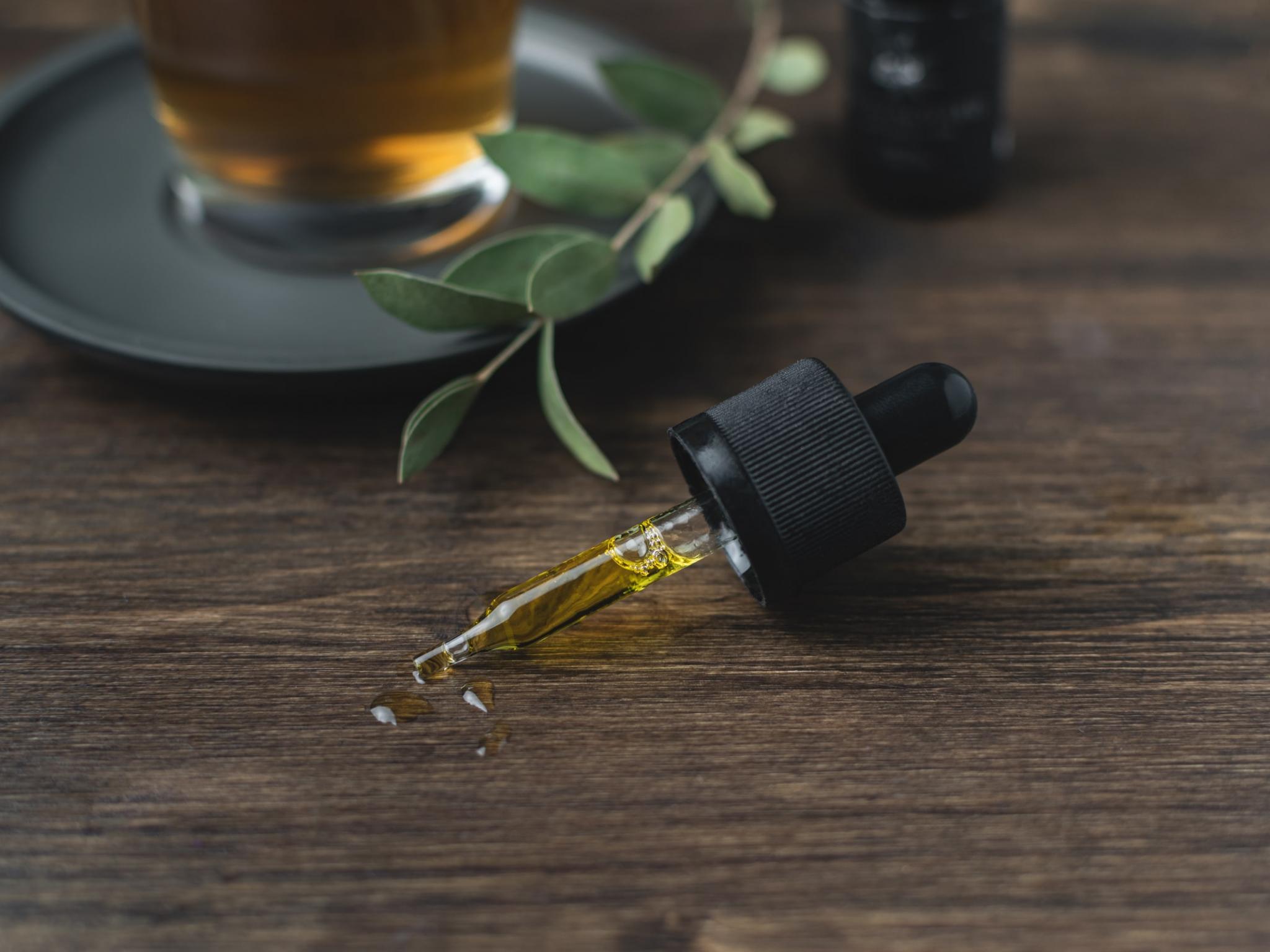
Over the past several years, CBD's popularity exploded thanks in part to scientific research that has highlighted its medical benefits in addition to aggressive marketing. Some CBD companies went so far as to promote their products as beneficial for food-producing animals, which provoked the FDA to clamp down on them.
One thing is certain, there are not nearly enough studies on the effects of CBD to have one final conclusion.
A new study, “Evaluating cannabidiol (CBD) expectancy effects on acute stress and anxiety in healthy adults: a randomized crossover study“ looks at the question of placebo and CBD.
The research, published in Psychopharmacology discovered that people are vulnerable to expectancy effects when it comes to CBD, reported PsyPost.
The study was authored by Toni C. Spinella, Sherry H. Stewart, Julia Naugler, Igor Yakovenko and Sean P. Barrett, who examined the effect in a sample of 43 healthy Canadian adults. Participants had to have prior marijuana use to manage their expectations but could only have consumed marijuana twice in the month prior to the study.
Study Highlights
The research had three sessions – one orientation and two experimental. The experimental parts of the study gave participants hemp seed oil to use by themselves. In one session participants were told the oil had CBD, and in the other, they were told it did not, although in truth, neither time the oil had contained CBD.
After using the oil, participants were measured for stress, anxiety, drug effect, and mood and had an ECG to examine heart rate.
What were the results?
The study revealed that people are susceptible to the expectancy effect of CBD.
When told that the oil they are using contains CBD, sedation increased notably after the usage, and there were changes in the heart rate. On the other hand, in the CBD-free condition, sedation was lower after the use of the oil, and there were no changes in the heart rate. The results indicate that the suggestion of CBD consumption could be enough to reduce stress at some level.
“Interestingly, the extent to which participants believed that CBD reduced anxiety interacted with expectancy condition to predict their subjective anxiety levels following oil administration,” the researchers noted. “That is, subjects who endorsed the strongest beliefs that CBD reduces anxiety tended to experience the lowest levels of anxiety when they expected CBD oil and the highest levels of anxiety when they expected CBD-free oil. On the other hand, when subjects endorsed low or moderate beliefs, there was very little difference in anxiety outcomes according to expectancy condition. Such findings emphasize the importance of individual expectancies and their role in moderating the placebo effect.”
There were several limitations to this study, however. One was that the sample was mostly white, healthy adults, and gender difference was not examined.
“Though previous reports suggest that CBD may be a promising medicine for psychiatric disorders like anxiety, our findings emphasize the need for more research evaluating the relative contributions of pharmacological and non-pharmacological factors for such conditions, which could be done through a full balanced placebo research design,” the researchers said.
It is important to note that the research did not examine the benefits of CBD on physical and mental health, only that people can be vulnerable to expectations. While the study did not conclude that CBD does or does not help to curb anxiety, it did demonstrate that the placebo effect is real.
Photo: Courtesy of CRYSTALWEED cannabis on Unsplash







